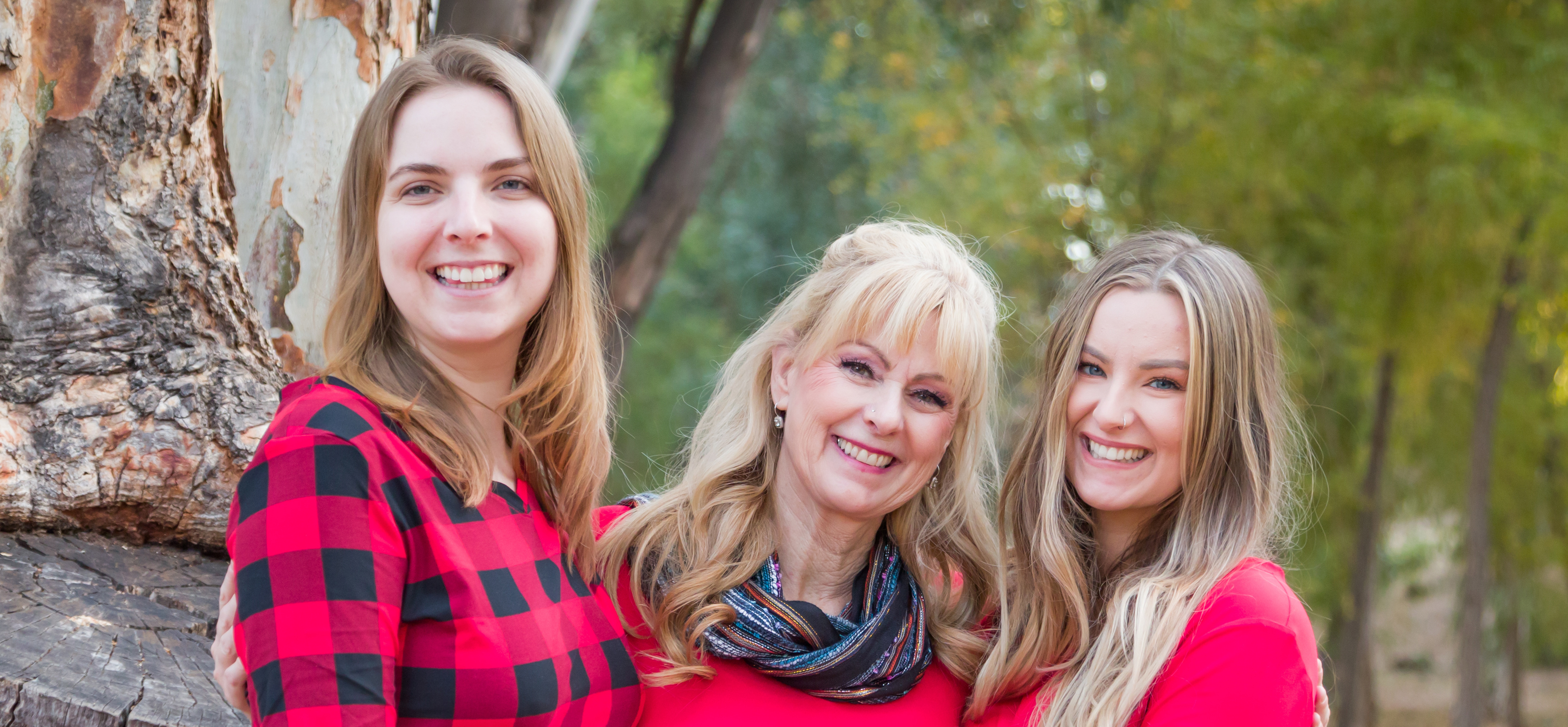By: December 20, 2018
Rising rates of loneliness may not be news, but the three periods when it peaks may come as a surprise: More people reported feeling moderate to severe loneliness during their late 20s, their mid-50s and their late 80s than in other life periods, according to research published Tuesday in the journal International Psychogeriatrics.
“One thing to remember is that loneliness is subjective. Loneliness does not mean being alone; loneliness does not mean not having friends,” said Jeste, who is also director of UC San Diego’s Center for Healthy Aging. “Loneliness is defined as ‘subjective distress.’ ” It is the discrepancy between the social relationships you want and the social relationships you have, he said.
Within the dark clouds, Jeste also found a silver lining: An inverse relationship exists between loneliness and wisdom. “In other words, people who have high levels of wisdom didn’t feel lonely, and vice versa,” he said.
The friends we lack
Dr. Vivek Murthy, former US surgeon general, says the reduced life span linked to loneliness is similar to smoking 15 cigarettes a day, Jeste noted in the study’s introduction. Meanwhile, some research suggests that loneliness is common in old age, and others say it is typical in young age. “They are somewhat split, so that’s what we wanted to find out,” Jeste said.
A total 340 San Diego County residents between the ages 27 and 101 participated in the study.
Jeste and his co-authors hypothesized that these community-dwelling participants, none with serious physical or psychological ailments, would report more loneliness in old age based on the “usual assumption that as people get older, they become more alone,” he said. They were surprised when they discovered two peaks (during the late 20s and mid-50s) in addition to the one in the late 80s. The results do not explain the reasons why people feel lonely, but Jeste had his theories.
“So the late 20s is often a period of major decision-making, which is often stressful because you often end up feeling that your peers made better decisions than you did, and there’s a lot of guilt about why you did this or did that,” he explained. It’s a period of stress, which increases loneliness, he said.
“The mid-50s is the midlife crisis period,” Jeste said. Typically, your health begins to decline, and many people learn that they have pre-diabetes, say, or heart disease.
The surprising main finding of the study was the 76% prevalence of moderate to severe loneliness, Jeste said: “We thought that it would be little more than a third.” Men and women felt equally lonely and to the same degree — no sex differences were found in either prevalence or severity, he and his colleagues found.
The third main finding, the inverse relationship between loneliness and wisdom, was “surprising and interesting and actually positive — an optimistic finding,” according to Jeste. He and his colleagues measured the six components of wisdom in each participant: general knowledge of life; emotion management; empathy, compassion, altruism and a sense of fairness; insight; acceptance of divergent values; and decisiveness — the ability to make quick, effective decisions when necessary.
The traits we need to develop
[…]
To see this article, click, read more.
Source: Loneliness peaks at three key ages, study finds – CNN
 Listen Online
Listen Online Watch Online
Watch Online Find a Station in Your Area
Find a Station in Your Area








 Listen Now
Listen Now Watch Online
Watch Online
